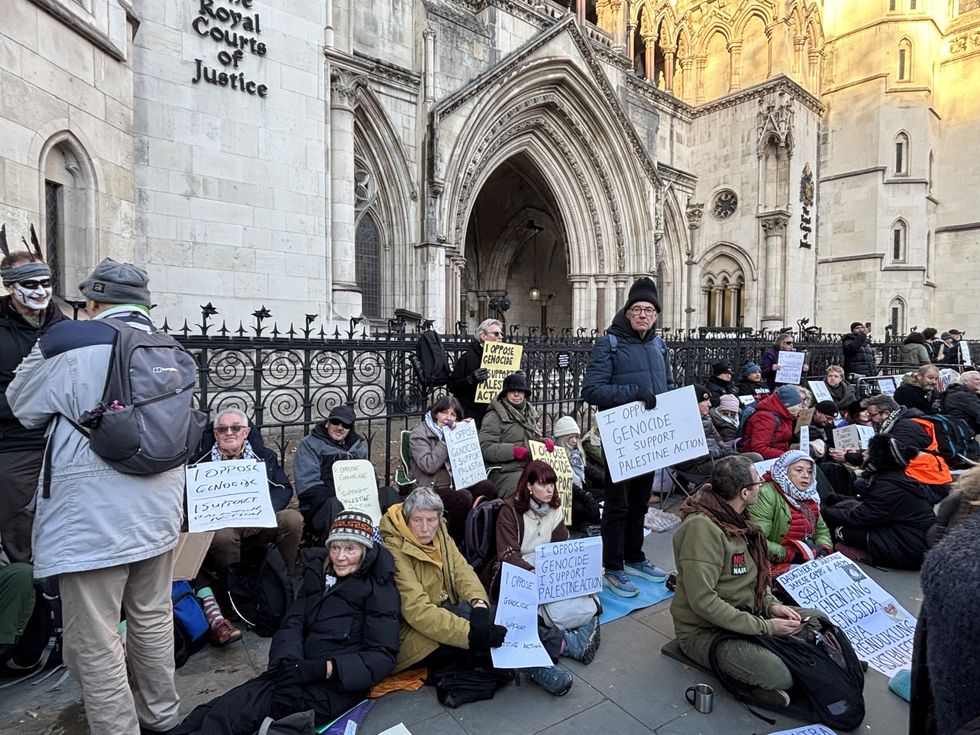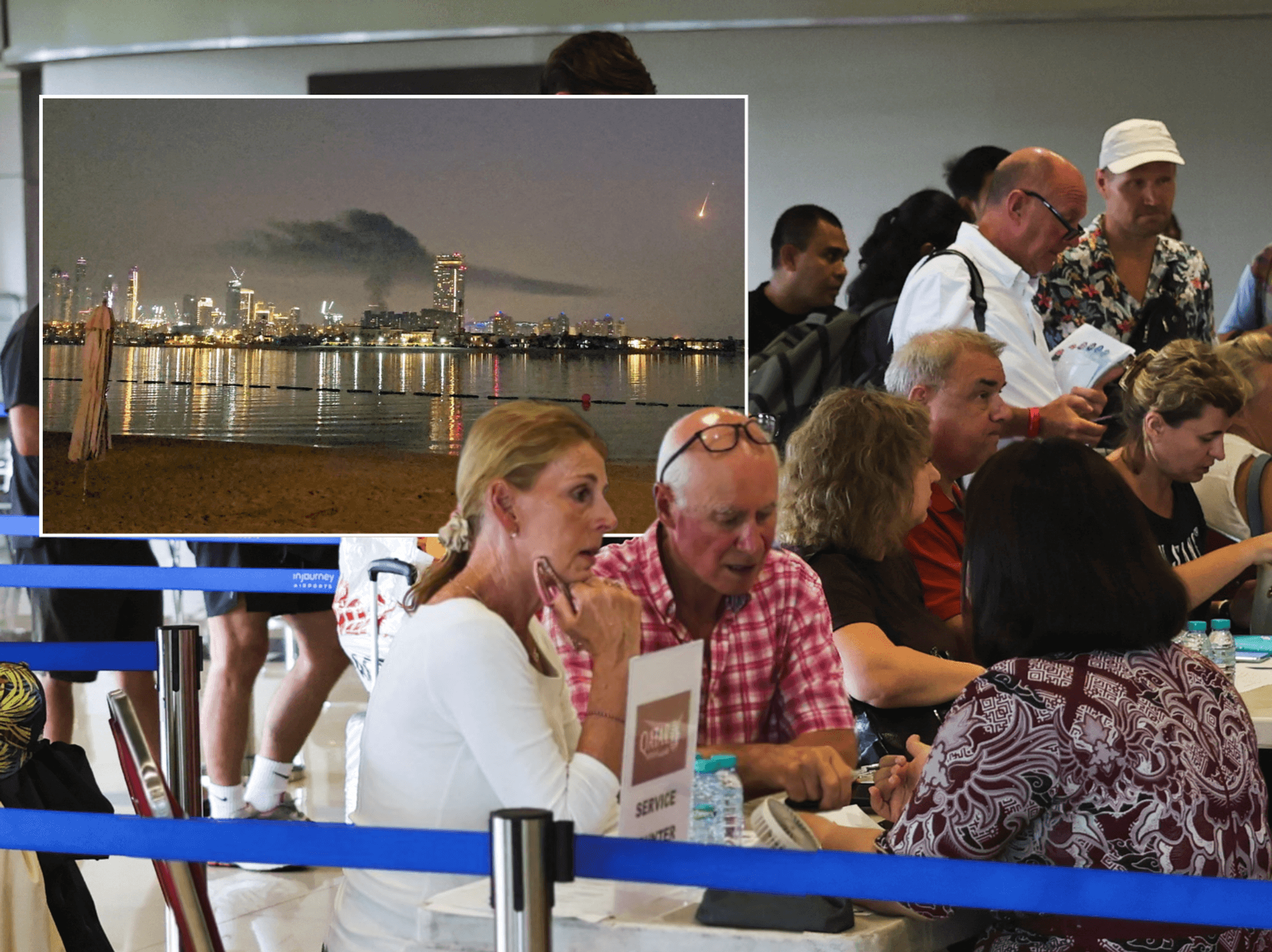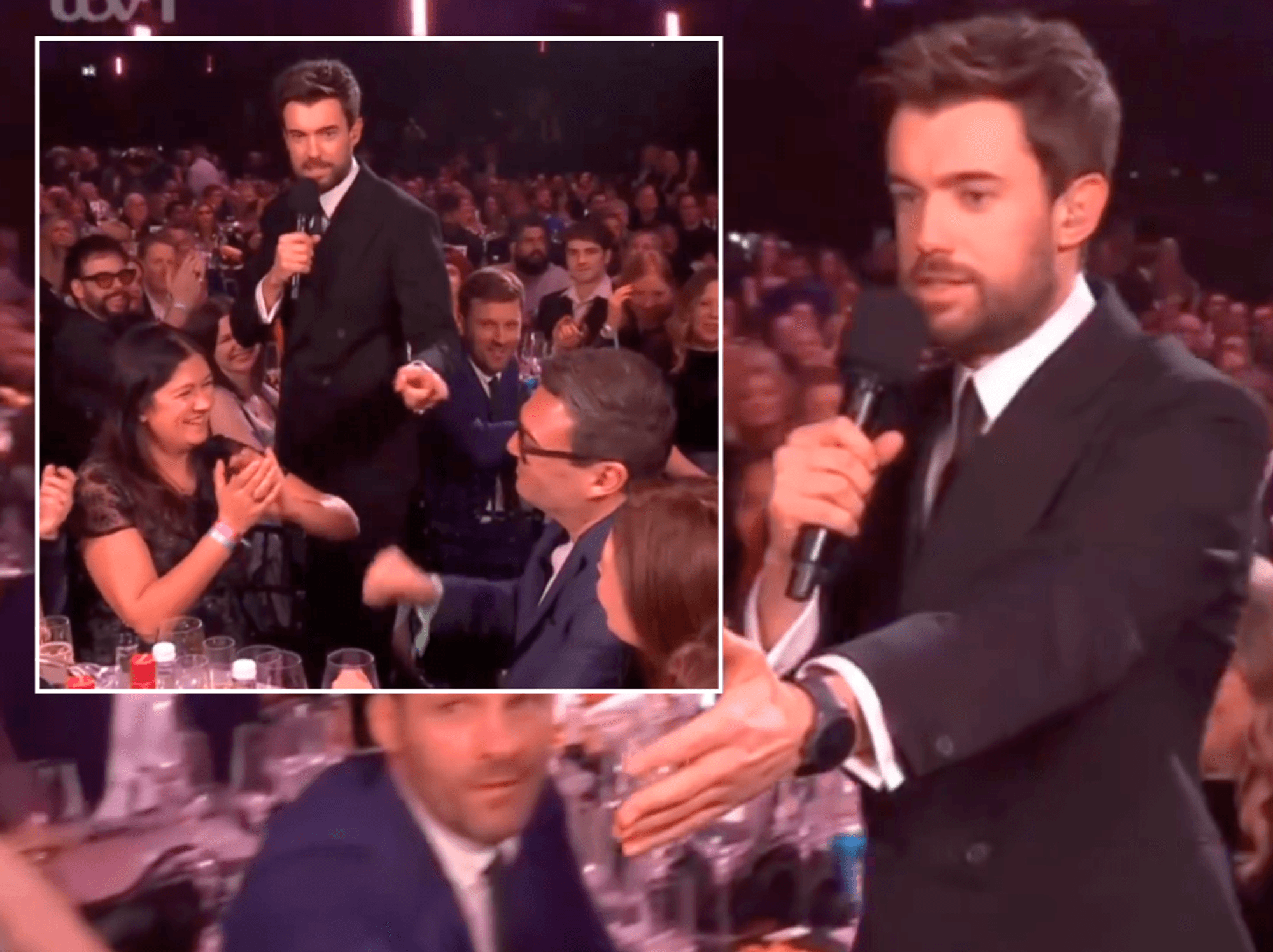Sally Rooney warns novels may be pulled from UK shelves unless Palestine Action ban is overturned

Met Police arrest 890 Palestine Action protesters as demonstration 'turned violent' with officers 'assaulted' |
GB NEWS
The Irish author claims she is unable to publish or receive royalties in Britain while the group remains a proscribed terrorist organisation
Don't Miss
Most Read
Latest
Sally Rooney has claimed in a High Court witness statement she is "almost certain" she will be unable to publish any new books in Britain while Palestine Action remains a proscribed terrorist organisation.
The author of Normal People and Conversations with Friends submitted evidence stating that her next novel could be released worldwide "in dozens of languages" but would remain unavailable in Britain "simply because no one will be permitted to publish it (unless I am content to give it away for free)".
Her testimony forms part of Palestine Action co-founder Huda Ammori’s legal challenge against the group’s proscription in July.
Palestine Action was officially proscribed as a terrorist organisation by the UK government after its activists broke into RAF Brize Norton military air base in June 2025 and severely damaged two military aircraft.
The group's members used red paint and crowbars to damage two planes in protest against the UK's support for Israel and its military operations in Gaza.
The Home Secretary at the time, Yvette Cooper, cited the incident and the millions of pounds in damage caused as the primary reasons for pursuing the ban under the Terrorism Act 2000
Ms Rooney’s predicament began after her declaration in the Irish Times in August, where she announced her intention to direct her book and television royalties towards supporting Palestine Action.
TRENDING
Stories
Videos
Your Say

Sally Rooney is the author of books such as Normal People
|British Vogue
Downing Street subsequently warned backing a banned organisation constitutes a criminal offence.
Element Pictures, the production company behind the BBC adaptations of Ms Rooney’s novels, told her agent they had obtained "unambiguous legal advice" that transferring royalties to her could be considered a terrorism offence if they knew or suspected she intended to pass the money to Palestine Action.
The concerns arose directly after Ms Rooney’s public statement about her future royalty donations.
Her publisher Faber & Faber is facing similar uncertainty, amid fears that making payments to Ms Rooney could also be unlawful.

Sally Rooney
|The writer stated in her evidence it is "unclear whether any UK company can continue to make payments to me, even when it had agreed to do so".
She warned if she were prevented from receiving income, her earnings would be "enormously restricted".
Ms Rooney explained her publishing contracts are dependent on royalty payments and the non-payment of these royalties would allow her to terminate existing agreements.
"If, therefore, Faber and Faber Limited are legally prohibited from paying me the royalties I am owed, my existing works may have to be withdrawn from sale and would therefore no longer be available to readers in the UK," she said.
LATEST DEVELOPMENTS

Palestine Action supporters, outside Royal Courts of Justice in central London, where the judicial review of Government's proscription of Palestine Action is taking place. Picture date: Wednesday November 26, 2025
|PA
She described such an outcome as "a truly extreme incursion by the state into the realm of artistic expression".
Ms Rooney highlighted her position as one of Britain's most influential literary figures of the past decade, noting the impact and popularity of her novels.
The potential removal of her books from British shelves would represent an unprecedented interference in artistic freedom, she argued.
Ms Rooney also stated she cannot produce new screenplays or television work for UK companies unless she accepts that she would receive no payment.
The legal challenge to Palestine Action’s terrorist designation began at the High Court on Wednesday. Ms Ammori is contesting the decision made by then-home secretary Yvette Cooper in June 2025.
The ban, which came into force on July 5, makes membership or support for the direct-action group punishable by up to 14 years in prison.
Raza Husain KC, representing Ms Ammori, called the proscription "novel and unprecedented", telling the court: "This is the first direct action civil disobedience organisation that does not advocate for violence ever to be proscribed as terrorism."
He said the decision, which he claimed Ms Cooper had hesitated over, was "so extreme as to render the UK an international outlier".

Sally Rooney
|Getty
Mr Husain told the court more than 2,000 people had been arrested following the proscription, including "priests, teachers, pensioners, retired British Army officers" and an "81-year-old former magistrate".
Sir James Eadie KC, representing the Government, argued Parliament alone has the authority to define terrorism.
"Palestine Action is within the definition of a terrorist organisation applying the test that Parliament has determined," he said. "In our democratic society, these issues are matters for Parliament to judge."
He stated the home secretary had relied on assessments from security experts confirming that specific activities carried out by Palestine Action met the threshold for terrorist acts.
In written submissions,Sir James said the proscription was aimed at "stifling organisations concerned in terrorism" and ensuring they are "deprived of the oxygen of publicity as well as both vocal and financial support".
On Wednesday, the Metropolitan Police reported 143 arrests as demonstrators gathered outside the Royal Courts of Justice holding signs reading: "I oppose genocide, I support Palestine Action."
The hearing before Dame Victoria Sharp, Mr Justice Swift and Mrs Justice Steyn continues, with a judgment expected after closing submissions on December 2.
Our Standards: The GB News Editorial Charter










